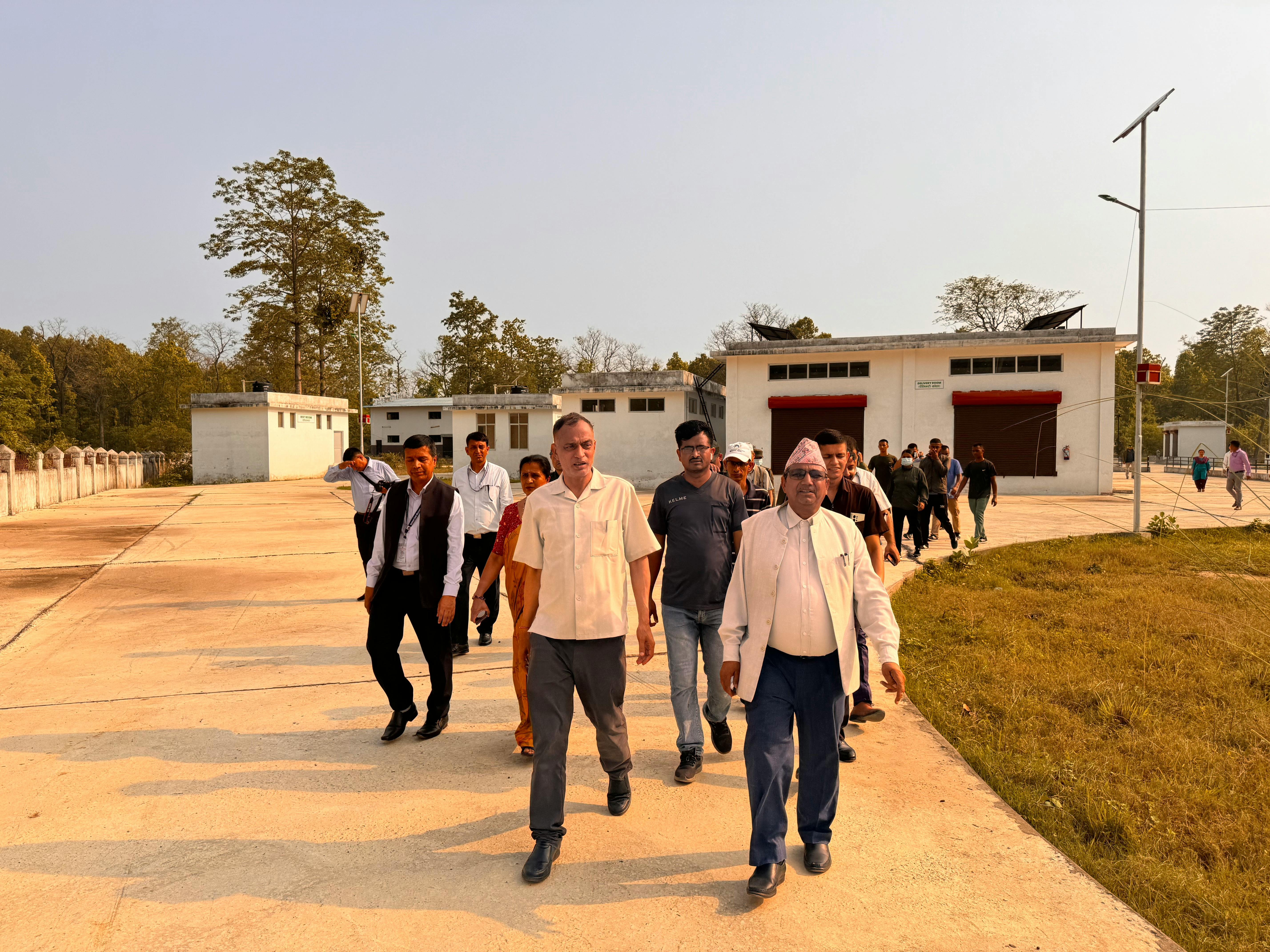
The Defense’s Playbook: A Study in Litigation Fatigue. Find out more about Aurora postponed slumlord trial date 2026.
Looking back at the defense’s two primary legal avenues—the religious discrimination countersuit and the state subpoena fight—a clear pattern emerges. The strategy is not simply to win on the merits of habitability; it is to *change the merits* of the case entirely or to *stop the discovery process* cold. When the religious defense failed in the civil case, it was because the judge appears to have focused narrowly on the facts of the neglect rather than the alleged motivation behind the enforcement. This reinforces the need for municipalities to build airtight factual records on code violations. A strong factual basis in public safety is the best antidote to claims of improper motive. The state investigation fight, however, is far from settled. While the July 2025 ruling was a victory for investigative momentum, the subsequent appeal means the state’s ability to use the subpoenaed evidence—records that would illuminate corporate governance, finances, and maintenance policies—is currently caught in judicial limbo. For the defense, buying time, even a few extra months, in appellate court is a victory in itself, serving to exhaust the plaintiffs and push key events, like the civil trial, further down the road.
Actionable Takeaways for Property Accountability Advocates. Find out more about CBZ Management preemptive lawsuit state investigation guide.
For citizens, advocates, and smaller municipalities watching this case as a potential template, the defense’s maneuvers offer clear, albeit cynical, lessons:
- Document with Extreme Prejudice: The failure of the religious discrimination defense proves that comprehensive, objective documentation of code violations is the primary line of defense against claims of political or religious targeting. If the physical evidence is overwhelming, the *why* becomes less important than the *what*.. Find out more about Denver District Court order subpoena compliance tips.
- Anticipate the Authority Challenge: Never assume an investigation will proceed unimpeded. Expect immediate litigation aimed at quashing subpoenas or challenging the jurisdiction of investigators. Prepare for these procedural challenges *before* filing your initial demands.. Find out more about Court-appointed receivership Edge of Lowry property strategies.
- Understand Receivership Leverage: The threat of loan default leading to bank-sought receivership is an extremely effective catalyst for change when the owner has exhausted other avenues. It moves control to a fiduciary of the *court* and the *lender*, not the owner, which is often the fastest path to asset stabilization and eventual sale.. Find out more about Aurora postponed slumlord trial date 2026 overview.
- Factor in Cost Recovery Complexity: While Aurora is aggressively pursuing reimbursement for tenant relocation, the legal fight over these costs, especially when combined with potential “fees on fees” disputes over litigation expenses, can be protracted. Securing an early lien or bond is often more effective than simply pursuing a judgment later.. Find out more about CBZ Management preemptive lawsuit state investigation definition guide.
The Human Cost Behind the Legal Jargon
It is easy to get lost in the terminology—receivership, declaratory shield, judicial review. But the stakes are concrete. Receivership Specialists were hired to stabilize properties where residents had been living amidst sewage backups and broken windows, leading to the eventual dispersal of tenants from the Edge of Lowry in early 2025. The city’s expenditure on providing those families with *decent, safe, and sanitary replacement dwellings* is not abstract budgeting; it is a direct result of the ownership’s failure to uphold the implied Warrant of Habitability Standards. The ongoing legal pursuit for reimbursement is, therefore, a fight for the financial health of the municipality itself, ensuring that citizens are not left footing the bill for systemic private sector dereliction. The current situation as of November 6, 2025, is a stalemate punctuated by progress. The state investigation is stalled at the appellate level. The civil trial is postponed until February 2026. The physical assets are no longer under the original management. This complex legal dance shows that confronting large-scale property blight requires not just a municipal code enforcer, but a patient, multi-faceted legal force capable of fighting on the merits, on procedure, and on the balance sheet. What developments in other jurisdictions facing similar corporate-defense strategies do you believe Aurora and the State should watch most closely as these cases proceed into the new year? Share your insights below.
